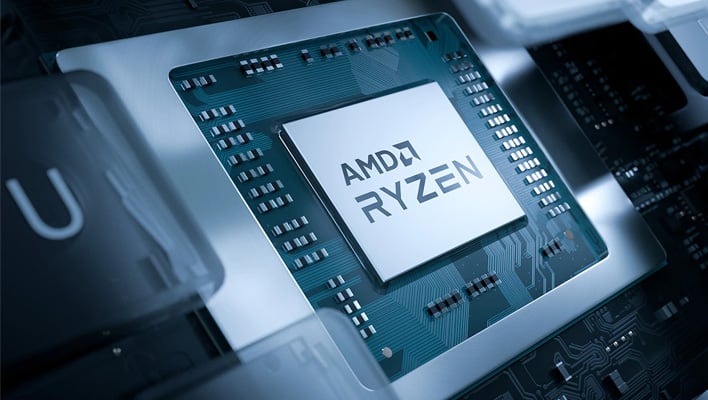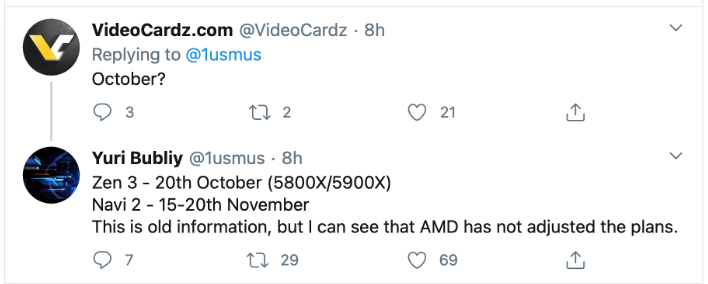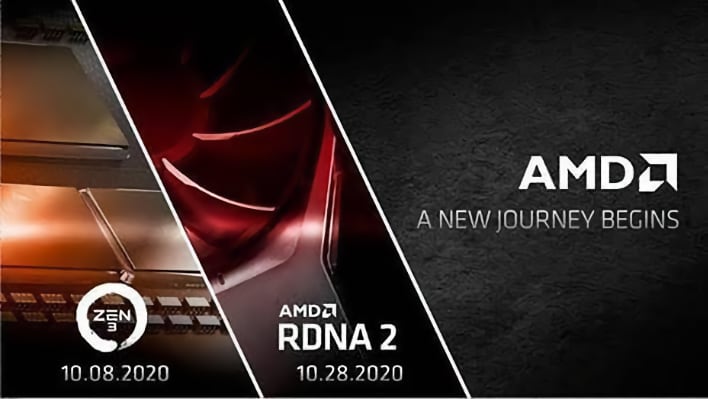Alleged AMD Ryzen 5000 Zen 3 Processor Retail Availability Dates Revealed

Well, according to Yuri Bubliy, the man behind the comprehensive (and recently released) ClockTuner app for Zen 2 Ryzen processors, the big launch day will occur on October 20th. This is a little less than two weeks from the reveal date, and less than a month from today. So, enthusiasts out there that are eager to get their hands on AMD's latest processors won't be waiting long.
ComputerBase has backed up that information by alleging that it has also heard of an October 20th launch; it also hedges its bets a bit by adding a second possibility of October 27th.

AMD's next-generation consumer desktop processors are expected to adopt the Ryzen 5000 branding rather than Ryzen 4000 in order to avoid confusion with the existing Zen 2-based APUs that were introduced earlier this year. Likewise, AMD board partners like MSI have already introduced a beta microcode updates that add support for the upcoming processors on their existing X570 and B550 motherboards. Initial beta support for A520 motherboards will come later in October.

However, rumors suggest that there will be a full run of X670, B650 and A620 motherboards launching alongside the Ryzen 5000 processors with full PCIe 4.0 compliance across all chipsets. As for the actual processors, we've already seen evidence of the 12-core/24-thread Ryzen 9 5900X and the 8-core/16-thread Ryzen 7 5800X.
It's alleged that those processors to be joined by a 16-core/32-thread Ryzen 9 5950X and a 6-core/12-thread Ryzen 5 5600X. All of them will be built on an enhanced 7nm process node, offer up to a 20 percent IPC lift over their Ryzen 3000 Series predecessors, and higher base/boost clocks to counter Intel's 10th generation Comet Lake-S processors.

